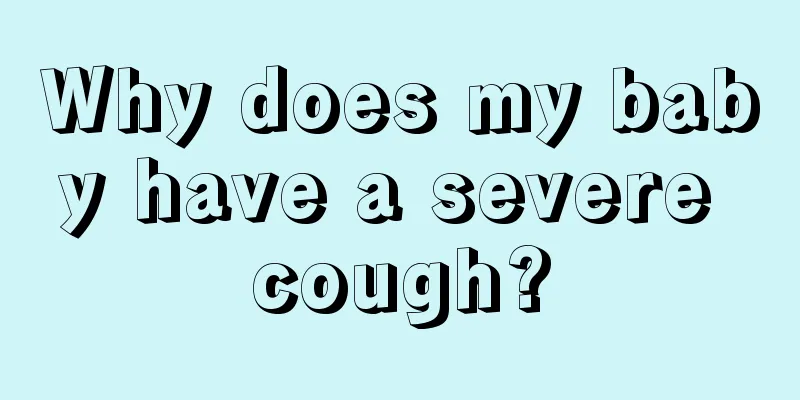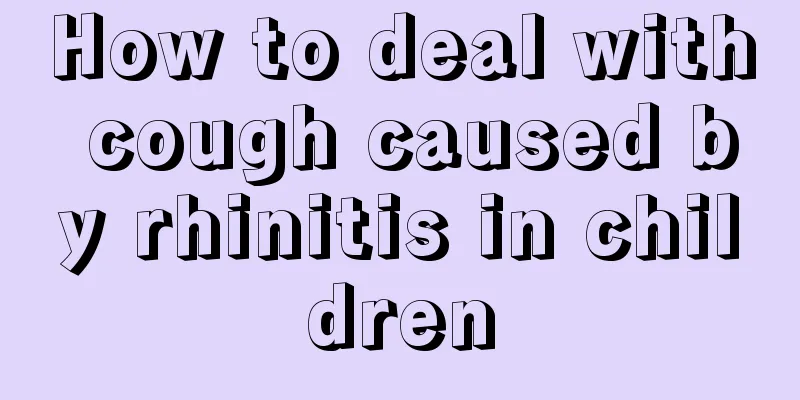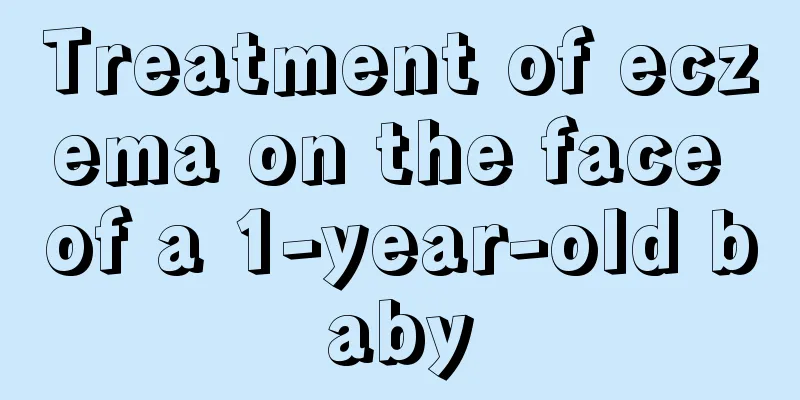What to do with pathological jaundice

|
My child is 3 years old. He has always been very healthy and his diet is also good. But I don’t know what happened in the past few days. He seems to have no appetite when I feed him and he doesn’t look energetic. My friend said that this is pathological jaundice in children. Her child had the same problem before. I don't know what is going on. I hope you can explain it. Also, will this cause any harm to children? Jaundice is more common in newborns than at any other age. Its causes are special and complex. There are physiological jaundice, pathological jaundice, and breast milk jaundice. These situations need to be treated differently and handled accordingly. If a child develops jaundice within 24 hours after birth or the jaundice develops too quickly and lasts for a long time, it may even be accompanied by anemia, abnormal body temperature, poor feeding, vomiting, and abnormal urine and stool color. In some cases, jaundice has subsided or alleviated and then reappeared and worsened, which is mostly pathological jaundice. Common causes of pathological jaundice include neonatal hemolytic disease, neonatal infection, biliary tract malformation and neonatal hepatitis. The dangers of jaundice 1. There are many causes of jaundice in children. For example, hemolytic disease in children, spherocytosis in children, perinatal diseases in children, etc. can cause hyperbilirubinemia and bilirubin encephalopathy, as well as anemia, hypoxia and hypoxic-ischemic encephalopathy. These diseases and pathological changes can lead to brain damage in the fetus and children, and then lead to cerebral palsy. 2. Bilirubin encephalopathy is caused by hyperbilirubinemia and various pediatric diseases in children. For example, premature birth, infection, hypoxia, acidosis, etc. can cause bilirubin encephalopathy in children, which can cause serious brain damage and is an important cause of cerebellar palsy in children. Premature birth, infection, hypoxia, etc. can also cause or be combined with brain malformations, brain development disorders and brain damage, which may also lead to cerebral palsy in children. 3. Whether the various treatment measures for hyperbilirubinemia in children are used in a timely and correct manner may lead to unbalanced control of jaundice, or even aggravate jaundice, leading to the occurrence and aggravation of bilirubin encephalopathy. Therefore, inappropriate treatment of hyperbilirubinemia in children is also a cause of cerebral palsy in children. In fact, the probability of children suffering from pathological jaundice is still very high, and many children have suffered from it. In fact, as long as this disease is treated in time, there is no major harm. Also, you should pay attention to the child’s diet, and it is best to eat light food during the illness. |
<<: What are the specific symptoms of adenovirus pneumonia in infants and young children?
>>: The efficacy of blood sugar syrup for children
Recommend
Children with recurrent conjunctivitis
Many parents are very troubled by the frequent re...
Why does my baby’s gums turn white?
In life, the baby's health is something that ...
Why do newborns lose their hair?
It is very common for newborns to have sparse hai...
How to treat purpuric nephritis in children
Purpura nephritis in children is a systemic disea...
Can the baby use air conditioning when he has a fever?
Summer is here, and babies often have fever, whic...
Does a child's late speech have anything to do with IQ?
We all know that in life, many parents are partic...
What to do if your newborn baby has chapped lips
The reason for the chapped lips of newborns is de...
What to do if your newborn keeps crying and won’t sleep
Some new mothers will find that their newborns ar...
Causes of anemia in babies
There are many possible reasons for baby anemia, ...
Spring Festival travel rush is here, here are some tips for children’s travel health!
It's the Spring Festival travel season again....
Newborn baby crying all day and not sleeping
In our lives, many newborns often cry after they ...
Causes and treatment of vomiting and fever in children
Having a baby will make every family happy, but h...
Baby development standards at each stage
Many young parents and friends pay special attent...
What toothbrush is good for children?
Washing our face and brushing our teeth are thing...
Why does my baby always kick the quilt at night?
Everyone has their own sleeping habits, such as w...









